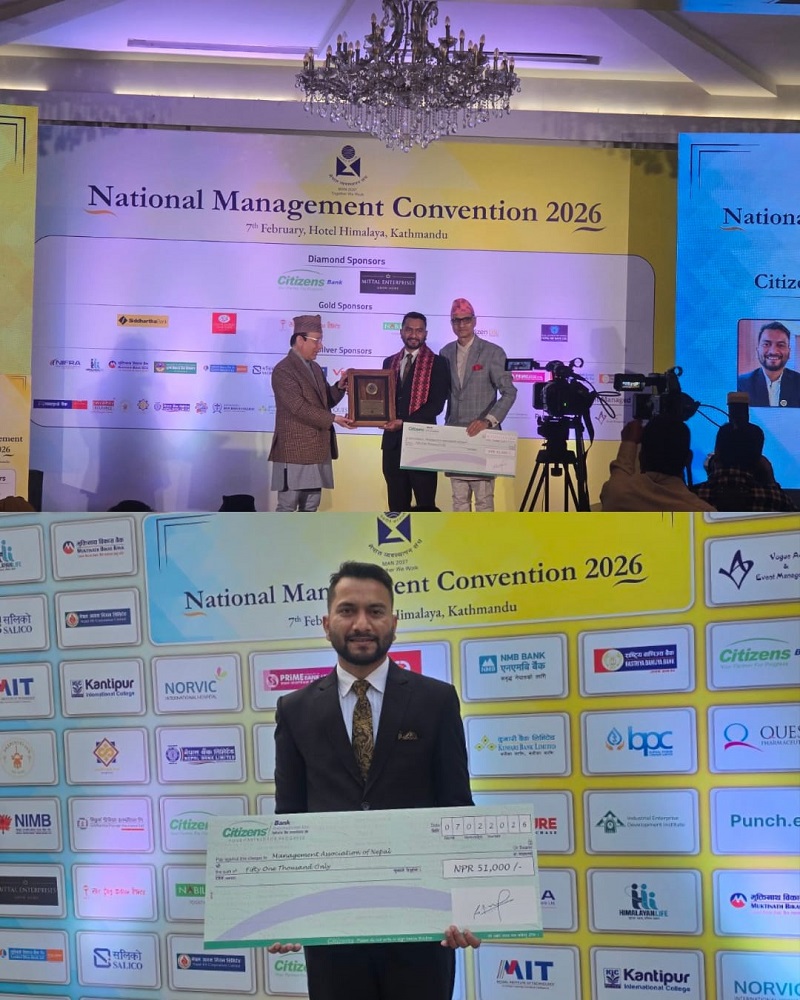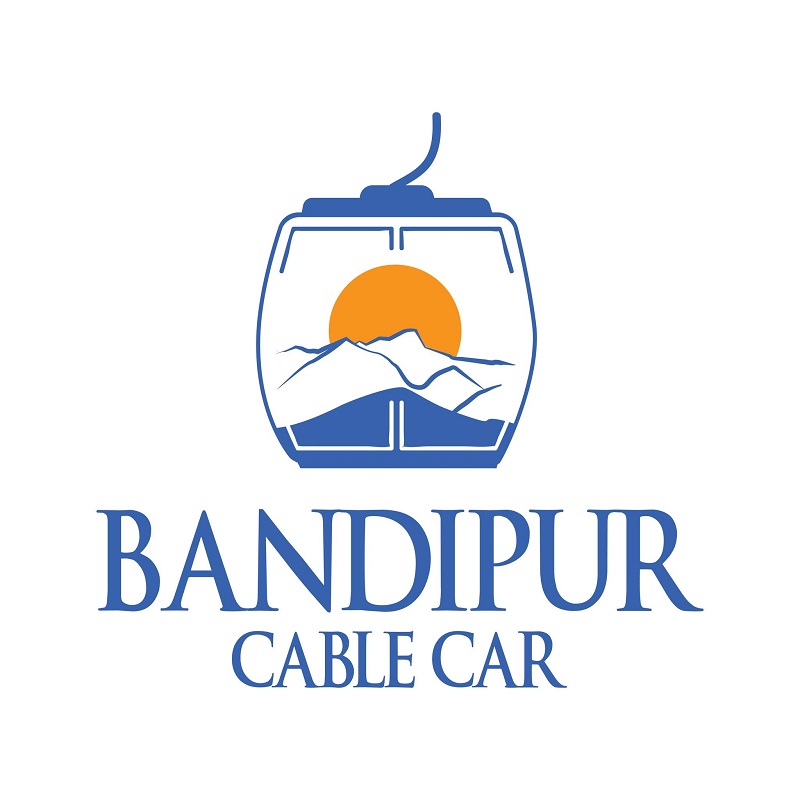Kapil Kumar Dahal Appointed Acting CEO of Himalayan Life Insurance
14th October 2025, Kathmandu
Himalayan Life Insurance Limited (HLI) has announced a significant shift in its executive management, appointing Kapil Kumar Dahal as the new Acting Chief Executive Officer (CEO). This transition follows the high-profile resignation of former CEO Manoj Kumar Lal Karn on October 13, 2025.
Acting CEO of Himalayan Life
The change in leadership is a direct result of ongoing pressure from the Professional Insurance Agents Association concerning the minimum bonus rate for policyholders, highlighting the complex operational and stakeholder challenges facing the insurance giant.
The Immediate Context: A Standoff Over Bonus Rates
The resignation of Manoj Kumar Lal Karn, effective October 14, 2025, underscores a deep disagreement between the company’s management and its field representatives. The core of the controversy centers on the Professional Insurance Agents Association’s demand to fix the minimum policy bonus rate at NPR 50 per thousand.
The Agent’s Demand and CEO’s Resignation
Insurance agents, who are the primary link between the company and its policyholders, are highly motivated by the competitiveness of the products they sell, including the bonus rates offered. The demand for a higher minimum bonus rate is seen as a way to ensure policyholder satisfaction and improve the agents’ ability to attract and retain clients in a competitive market.
Former CEO Karn, however, found it financially and actuarially unfeasible to meet this specific demand. His resignation signals a refusal to concede to a demand that could potentially strain the company’s financial integrity or long-term profitability. This incident is a sharp reminder of the delicate balance insurance company executives must strike between maximizing returns for shareholders and providing competitive benefits for policyholders, which is often channeled through agent demands.
According to previous bonus rate announcements by Himalayan Life, the company’s rates across various plans and terms range from as low as NPR 18 per thousand to a maximum of NPR 86 per thousand. While some specific endowment-cum-life insurance schemes have reached the NPR 50 per thousand mark for certain term durations (e.g., 15-19 years), establishing this as a minimum for all plans presents a substantial financial commitment that the previous leadership was unwilling to make.
Who is Kapil Kumar Dahal? The New Acting CEO
The Board of Directors moved swiftly to ensure operational continuity, entrusting the role of Acting CEO to Kapil Kumar Dahal, effective from October 14, 2025.
Background and Expertise
Mr. Dahal is a highly experienced professional within the financial and insurance sectors. He is a Chartered Accountant (CA), having completed his certification from the Institute of Chartered Accountants of India (ICAI) in Chennai in 2009. His academic foundation as a commerce graduate, combined with over 15 years of experience across both the Life Insurance and Non-Life Insurance segments, makes him a well-regarded veteran in the industry.
Prior to this appointment, Mr. Dahal served as the Deputy Chief Executive Officer of Himalayan Life Insurance. His extensive career highlights a deep involvement in critical corporate functions, including accounting, financial management, auditing, and a broad range of insurance-specific areas such as taxation, AML, IFRS, and NFRS. His technical background, particularly in finance and audit, positions him as a figure likely to prioritize financial prudence and regulatory compliance during this period of agent unrest.
Financial Snapshot of Himalayan Life Insurance (HLI)
The leadership change occurs against the backdrop of HLI’s recently reported financial performance, which reflects both growth in core areas and declines in profitability metrics.
- Key Financial Indicators (Based on FY 081/082, Q4/Q3 Reports)
Earnings Per Share (EPS): HLI reported an annualized EPS of NPR 5.98 (FY 081-082, Q4). This figure reflects a decline, as the previous year’s EPS stood higher at NPR 7.90, representing a year-on-year earnings growth decline of -13.71%. This decline in per-share earnings likely played a role in the company’s inability to accept the higher minimum bonus rate demanded by agents. - Net Profit: The company reported a net profit of NPR 546.9 million for the fiscal year 2081/82, a reduction from the NPR 633.8 million posted in the previous fiscal year.
- Life Insurance Fund: In a positive indicator of long-term stability and growth in its core business, the Life Insurance Fund saw a significant increase. It expanded by approximately 19.48%, rising to NPR 76.94 billion (FY 081/82) from NPR 64.39 billion the previous year.
- Net Premium: The total net insurance premium earned by the company also demonstrated positive growth, increasing by 6.60% year-over-year, reaching approximately NPR 17.26 billion in the last fiscal year.
- Book Value and PE Ratio: The Book Value per share stands at NPR 111.20, while the Price-to-Earnings (P/E) Ratio is noted to be high, around 62.64 to 68.05 times, suggesting the stock is trading at a premium relative to its earnings.
Broader Concerns Facing the Insurance Agent Community
The Professional Insurance Agents Association’s agitation is part of a larger, industry-wide movement in Nepal that has intensified due to recent regulatory changes. While the demand against HLI was specific to the bonus rate, the agent community at large has protested several provisions in the newly approved Insurance Regulation 2081. These controversial regulations impose stricter conditions on agents, including:
- Making an agent’s license renewal contingent on the renewal rate of policies they issued.
- Holding agents responsible for the premium payments of their clients, which agents argue is an unfair and unprecedented burden.
- Reducing agent incentives by introducing a provision that grants a 50% commission discount to policyholders who purchase insurance directly from companies.
These regulations, which the agent community fears will significantly reduce the number of licensed professionals and erode their livelihood, provide the necessary context for the aggressive stance taken against HLI’s bonus rate decision.
Conclusion
Kapil Kumar Dahal steps into the role of Acting CEO at a crucial time, tasked with navigating a delicate internal dispute with a major stakeholder group, the insurance agents, while simultaneously maintaining a strong financial outlook. His extensive experience as a Chartered Accountant and insurance industry professional suggests a leadership style focused on financial stability and careful management of company reserves. The market will be closely watching how the new acting leadership addresses the fundamental economic demands of the agents and whether HLI can reconcile these pressures with its obligation to prudent financial management and capital requirements in the coming quarters.
For More: Acting CEO of Himalayan Life







